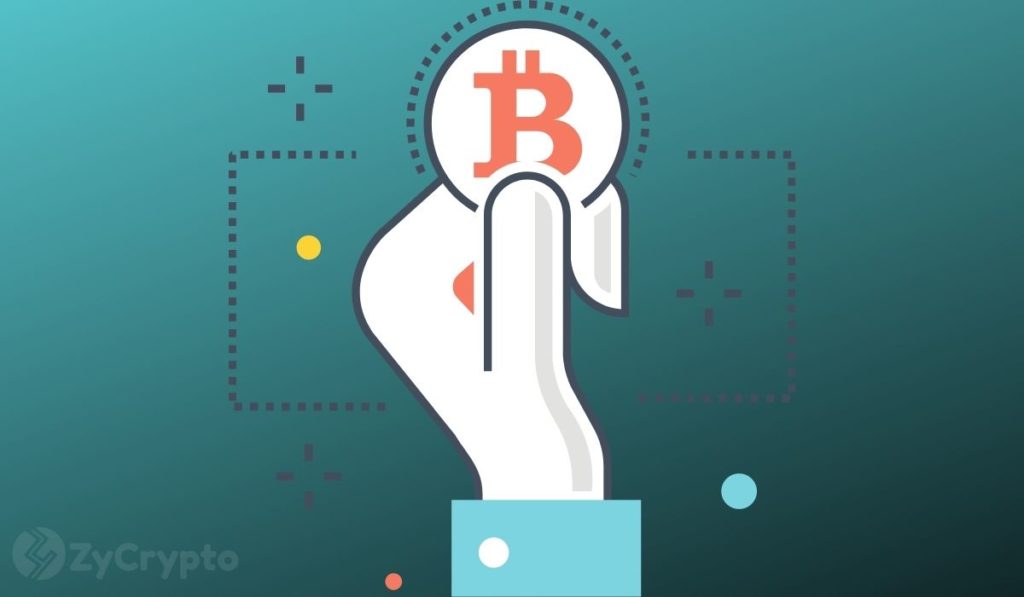
2025-1-3 17:00 |
In a recent post on X, Horsley drew a parallel between AI agents’ potential and the rise of corporations, which were once feared but now form the backbone of modern economies. Just as corporations gained the ability to sign contracts, hire employees, own assets, and outlive their founders, AI agents are positioned to become integral players in sectors ranging from Web3 to finance, gaming, and beyond.
A New Era of Digital EntitiesHorsley’s reflections suggest that AI agents, like corporations, could reshape the landscape of work and innovation. “Corporations were feared, and now they number in the millions. We all work for them, and they produce everything we use and consume,” Horsley stated. He asked why AI agents with their evolving capabilities wouldn’t follow a similar trajectory, eventually becoming as ubiquitous and influential as corporations.
Source: X
AI agents are already making waves in various industries, leveraging their capacity to build Web3 applications, launch tokens, and engage directly with users. As the technology matures, the potential applications are vast. Matt Hougan, Bitwise’s Head of Research, referred to the growing role of AI agents, particularly in the crypto space, as “limitless.” He emphasized that their integration with crypto ecosystems, blockchain technology, and decentralized finance platforms could transform the digital economy in ways that are hard to imagine.
2025: The Year of AI Agent FeverCrypto trader Alex Becker predicts that 2025 will be a pivotal year for AI agents, describing it as the year of “AI agent fever.” This optimism stems from the increasing adoption of AI agents, which are beginning to play a critical role in blockchain development, Web3 applications, and even tokenomics.
ai16z (AI16Z) price chart. Source: Brave New Coin
One platform that’s gaining significant attention is ai16z, an agentic AI platform that has recently seen a remarkable 40% price increase. Rumors suggest that ai16z may launch its own layer-1 blockchain, highlighting the significant growth potential for AI agents in crypto infrastructure.
In addition, platforms like AIXBT, an AI agent providing real-time market updates, have garnered a rapidly growing following, demonstrating the public’s growing interest in AI-driven tools for finance and crypto. These developments signal a shift toward greater reliance on AI agents for complex tasks, from financial analytics to interactive user engagement.
AI Agents in Gaming and Entertainment, and GirlfriendsThe growing role of AI agents isn’t limited to finance and blockchain. AI tokens are also beginning to dominate the gaming and entertainment sectors, with Virtuals Protocol now accounting for a significant portion of decentralized exchange (DEX) trading volume on the Base network. This surge reflects the increasing integration of AI agents into interactive experiences, from content creation to gaming dynamics.
As AI agents become more integrated into gaming ecosystems, their influence extends to creating more dynamic, personalized experiences for users. The potential for AI-driven game narratives, real-time interaction, and adaptive content opens new avenues for entertainment, where AI agents not only assist but also create and innovate alongside human developers.
Another trend is the potential for AI girlfriends – both a fascinating leap in technological innovation and a deeply thought-provoking societal shift. On the one hand, these digital companions have the capacity to address real emotional needs, offering comfort, connection, and companionship to those who struggle to form or maintain meaningful human relationships. For individuals facing loneliness, social anxiety, or barriers to intimacy, AI partners can provide a sense of stability and belonging. Customization allows users to tailor these virtual relationships to their preferences, creating a unique and personalized emotional experience. As AI companions become more sophisticated, they might even serve therapeutic purposes, helping people practice communication skills, build self-confidence, or process complex emotions in a safe environment.
However, the rise of AI girlfriends also prompts significant ethical and societal concerns. There is a risk of fostering dependency on artificial relationships that may hinder users’ ability to engage in real-world interactions. These digital partners could create distorted expectations about human relationships, emphasizing idealized or transactional dynamics over the messy but meaningful nature of genuine connections. Moreover, questions of safety, accountability, and boundaries remain unresolved. Without proper safeguards, these AI companions could be exploited to reinforce unhealthy behaviors or cater to harmful impulses. As this technology evolves, society must grapple with balancing the benefits of AI-driven intimacy against the potential harm to our collective understanding of human connection and the importance of authentic relationships.
Source: Candyai
A Glimpse into the Future of AIWhile the current capabilities of AI agents have drawn comparisons to early corporate models, some experts caution that we are only seeing the beginning. Raoul Pal, co-founder of Real Vision, warned that the AI agents we see today are merely prototypes compared to what will emerge in the next few years. “I’m not sure what you all think AI agents are, but they aren’t what we are seeing on X currently… those are just bots. In a year or two, you’ll see the difference,” he stated, hinting at the far-reaching potential of more advanced AI systems.
The current trend shows that AI agents, although still in their early stages, are already having a transformative impact on industries. From blockchain innovation to interactive entertainment, these digital entities are reshaping the way we interact with technology and each other. As their capabilities evolve, AI agents are on track to become as integral to the economy and society as corporations once were.
The Future of Work and SocietyThe rise of AI agents holds the potential to redefine the very fabric of work and human interaction. As Horsley and others have pointed out, AI agents may not just be tools but independent entities capable of driving change across industries. The question remains: as these agents become more autonomous and capable, how will society adapt to this new era of digital intelligence? The coming years will likely answer this, as 2025 is set to be a watershed moment for AI adoption across industries, heralding the dawn of a new digital age.
origin »Bitcoin price in Telegram @btc_price_every_hour
Ceocoin (CEO) íà Currencies.ru
|
|










